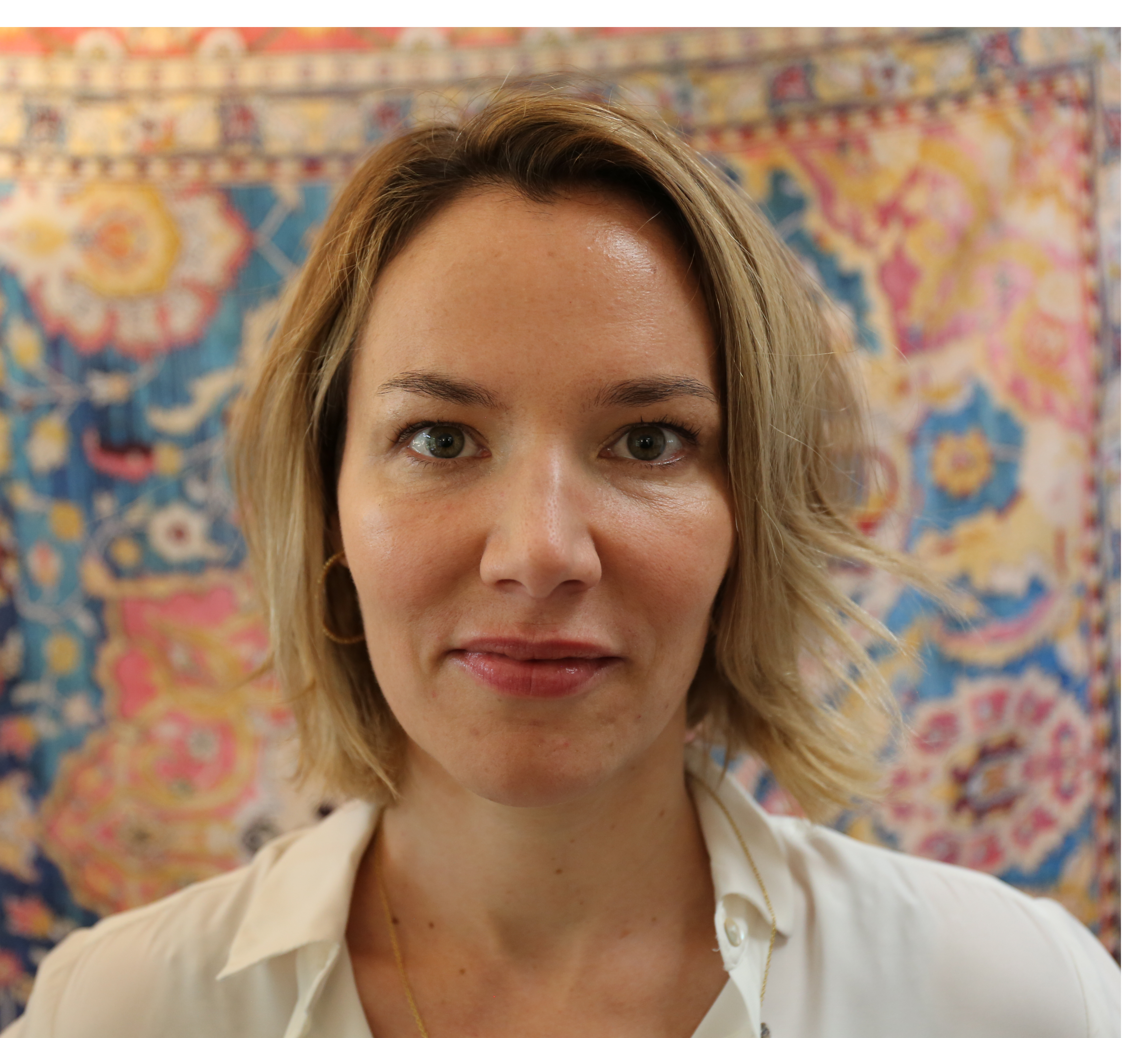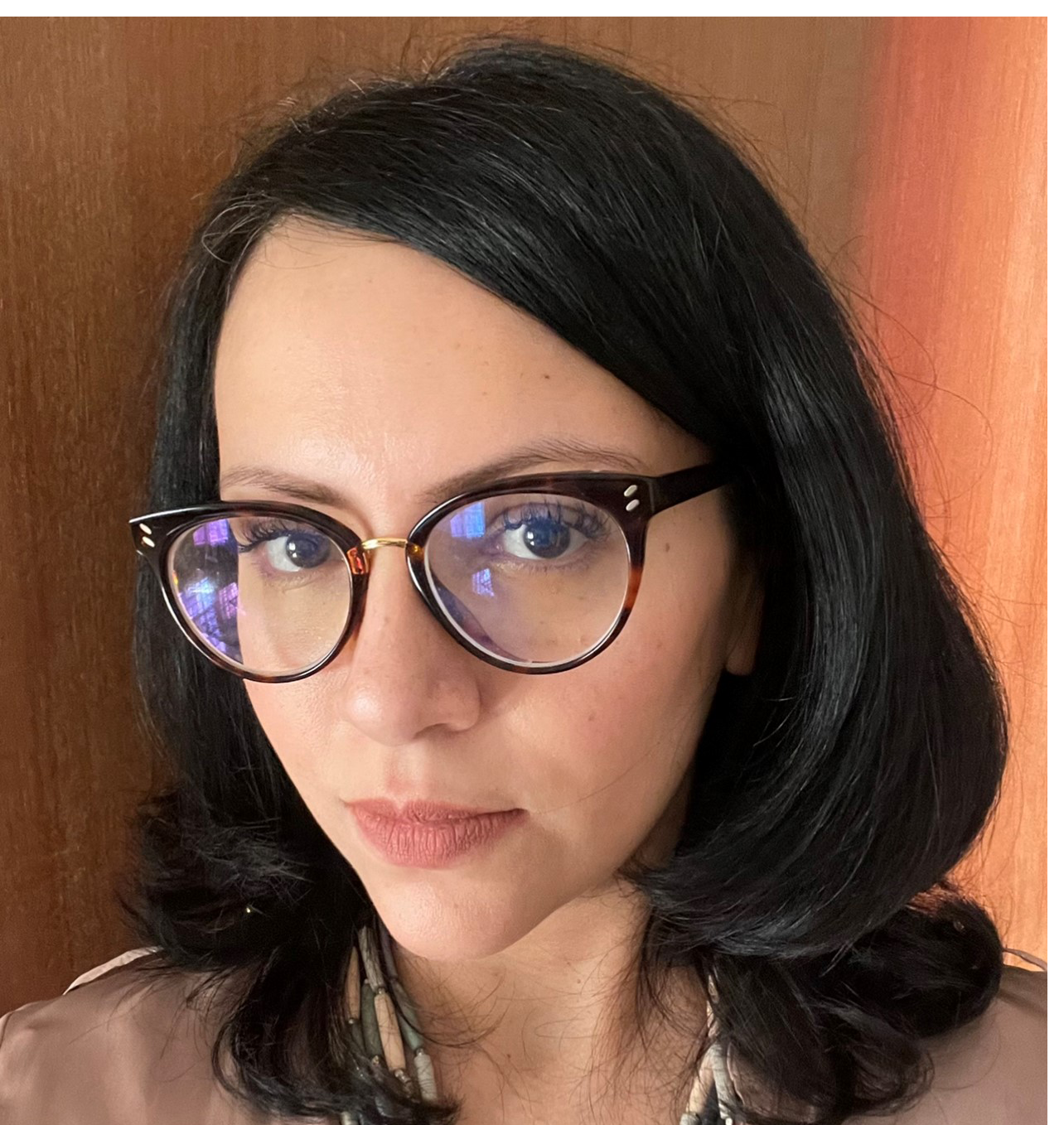Preparing for Shocks: Building Capabilities for Rapid Pivots to Meet Emergency Needs

An increasingly unstable world puts a vast proportion of development program target populations at risk from natural, climate, or conflict-related crises. It is imperative that development actors, ideally, in partnership with humanitarian teams, take every opportunity to use their programming to build resilience to shocks and support risk reduction. These activities prepare for a ‘pivot’ in times of crisis by the implementing partner, but they also build resilience and response capacity in activity participants.
This session explored the following questions:
- Given that shocks should be expected, what are the essential actions that all development teams should undertake to ensure they are preparing for potential shocks? And what actions should humanitarian actors take to respond quickly to emergency needs without undermining building resilience capacities of the population they support?
- How can we encourage and build capacity for development and humanitarian teams to better plan before a crisis takes place?
- Where have we seen successful early action that mitigates the need for a larger humanitarian response?
- What supporting conditions and behaviors from IPs and donors have we seen in successful pivots and responses? What has impeded quick and early action?
This session was moderated by Perrine Pitton, Chief of Party of the Building Resilient Communities in Somalia (BRCiS) consortium, Norwegian Refugee Council. Speakers included implementing partners of USAID/Bureau for Humanitarian Assistance-funded Resilience Food Security Activities:
- Saeqah Kabir, Director of Knowledge Management, Research, Learning and Communications, “Nobo Jatra,” World Vision Bangladesh
- Thierno Diallo, Chief of Party, “Albarka,” Save the Children Mali
*This event was in English with French interpretation*
This event was part of the thematic area: Sequencing, Layering, and Integrating Humanitarian, Development, and Peace Assistance.
View Presentation Watch Recording
 Perrine Piton has worked for the BRCiS Consortium in Somalia for the past 7 years, and as the Chief of Party since 2020. BRCiS' efforts focus on anticipatory action, crisis modification, bridging the gap between community and system programming as well agile management, which are all approaches that have proven relevant for resilience in Somalia. Perrine’s humanitarian and development career began with the French Embassy in the Democratic Republic of Congo, and in various capacities for Concern Worldwide, UNICEF, and UNDP.
Perrine Piton has worked for the BRCiS Consortium in Somalia for the past 7 years, and as the Chief of Party since 2020. BRCiS' efforts focus on anticipatory action, crisis modification, bridging the gap between community and system programming as well agile management, which are all approaches that have proven relevant for resilience in Somalia. Perrine’s humanitarian and development career began with the French Embassy in the Democratic Republic of Congo, and in various capacities for Concern Worldwide, UNICEF, and UNDP.
 Thierno Samba Diallo is the Chief of Party for a Save the Children-led, USAID/Bureau for Humanitarian Assistance (BHA)-funded Resilience Food Security Activity (RFSA) in Mali. Thierno has over 22 years of experience designing and implementing development and humanitarian programs in West, Central, and East Africa. Thierno brings a wealth of strategic leadership and technical expertise in food security & livelihoods, private sector development, financial services, and market systems development, among others. Thierno has led teams and stewarded projects in Niger, Mali, DR Congo, Uganda, Liberia, Guinea, and Nigeria. Thierno has a BA in English from the University of Conakry-Guinea and a Master’s in Public Administration from the University of Liverpool.
Thierno Samba Diallo is the Chief of Party for a Save the Children-led, USAID/Bureau for Humanitarian Assistance (BHA)-funded Resilience Food Security Activity (RFSA) in Mali. Thierno has over 22 years of experience designing and implementing development and humanitarian programs in West, Central, and East Africa. Thierno brings a wealth of strategic leadership and technical expertise in food security & livelihoods, private sector development, financial services, and market systems development, among others. Thierno has led teams and stewarded projects in Niger, Mali, DR Congo, Uganda, Liberia, Guinea, and Nigeria. Thierno has a BA in English from the University of Conakry-Guinea and a Master’s in Public Administration from the University of Liverpool.
 Saeqah Kabir is the Director of Knowledge Management, Research, Learning and Communications for a USAID/BHA-funded RFSA, ‘Nobo Jatra’, led by World Vision in Bangladesh. Saeqah leads a team to drive Collaborating, Learning and Adaptation (CLA) strategies, communicate impact, increase visibility and strengthen collaborative processes to amplify reach and impact. Before joining World Vision, Saeqah worked in research and communications roles in the UK with Asia House, UK India Business Council, the British Asian Trust, Save the Children Bangladesh, United Nations Development Programme, and Hellen Keller International. Saeqah holds a BA in Anthropology and Sociology and a Masters in Social Anthropology from the London School of Oriental and African Studies (SOAS), University of London.
Saeqah Kabir is the Director of Knowledge Management, Research, Learning and Communications for a USAID/BHA-funded RFSA, ‘Nobo Jatra’, led by World Vision in Bangladesh. Saeqah leads a team to drive Collaborating, Learning and Adaptation (CLA) strategies, communicate impact, increase visibility and strengthen collaborative processes to amplify reach and impact. Before joining World Vision, Saeqah worked in research and communications roles in the UK with Asia House, UK India Business Council, the British Asian Trust, Save the Children Bangladesh, United Nations Development Programme, and Hellen Keller International. Saeqah holds a BA in Anthropology and Sociology and a Masters in Social Anthropology from the London School of Oriental and African Studies (SOAS), University of London.
